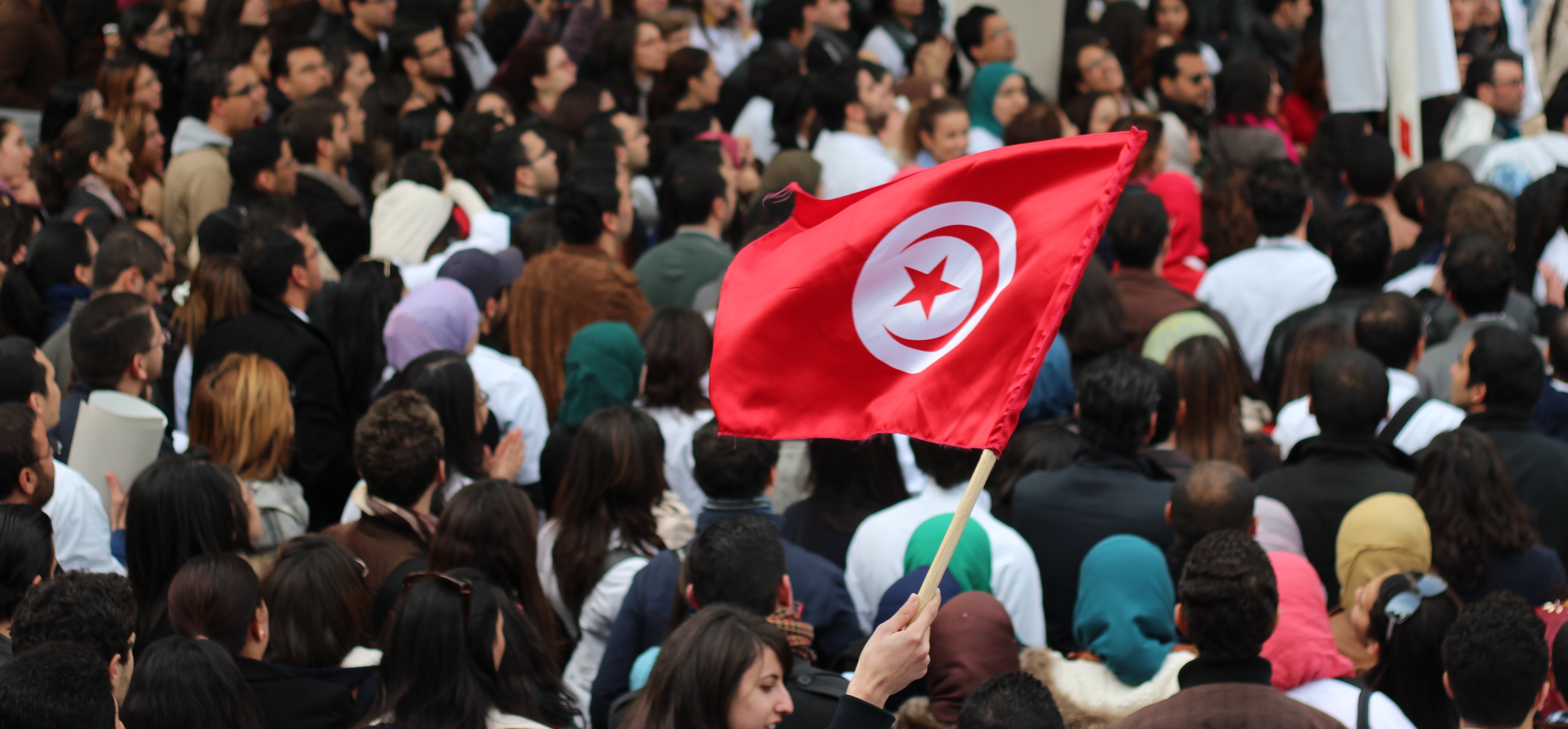By Zaid Al -Ali & Donia Ben Romdhane[1], 17 February 2014

C/Flickr/Amine Ghrabi
<p> </p><p><span style="font-family: "Calibri","sans-serif"; mso-ascii-theme-font: minor-latin; mso-hansi-theme-font: minor-latin; mso-bidi-theme-font: minor-latin; mso-ansi-language: EN-US;">In spite of a number of serious challenges, the
Tunisian Constituent Assembly – under the people’s ever watchful eye –
successfully negotiated a new and modern constitution. In 2011, the political
class was far from prepared for the changes that had been forced upon them by
the people. Important cleavages between conservative Islamist politicians
on the one hand and liberal and secular politicians on the other complicated
negotiations and grew worse over time. </span></p><div>[toc hidden:1]</div><p>
Read the full article here:
Open democracy
